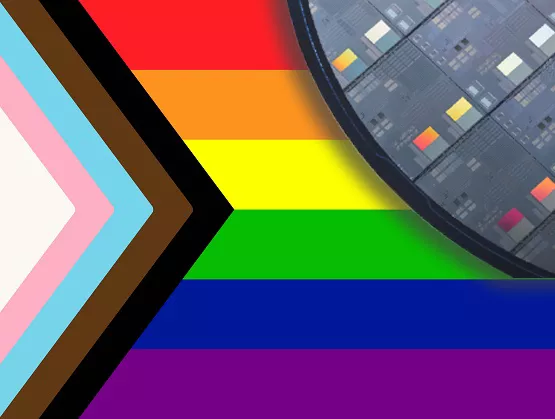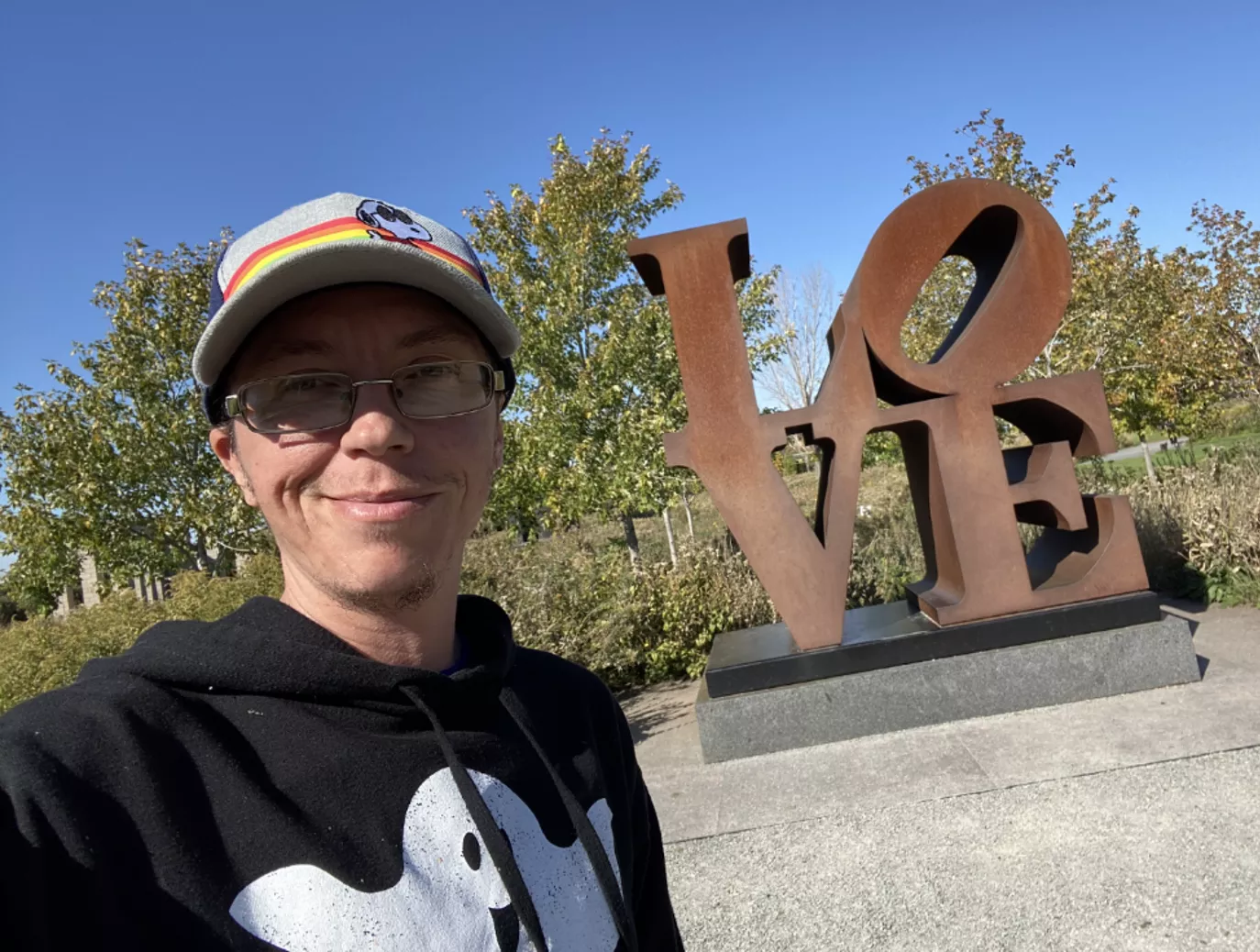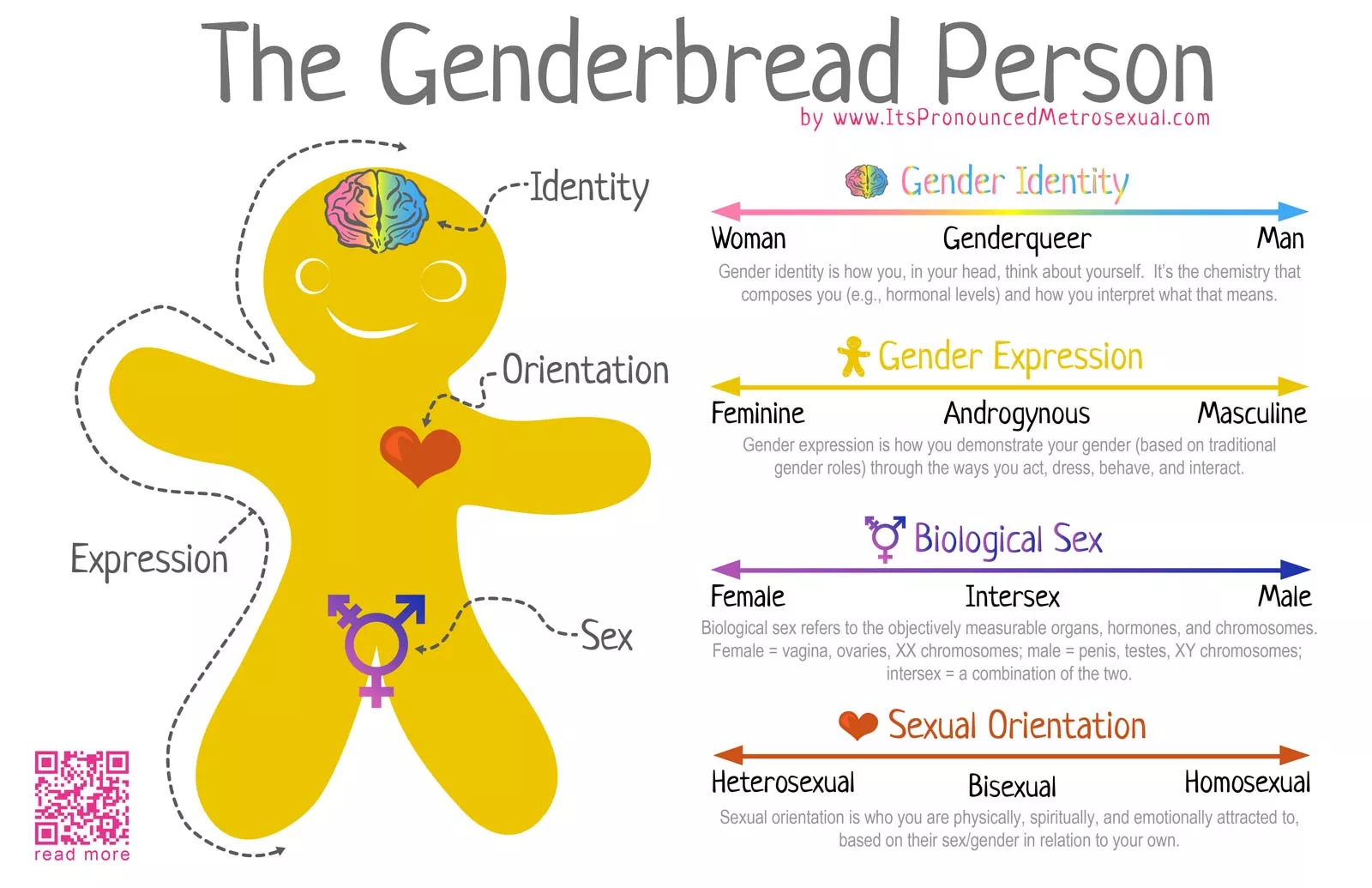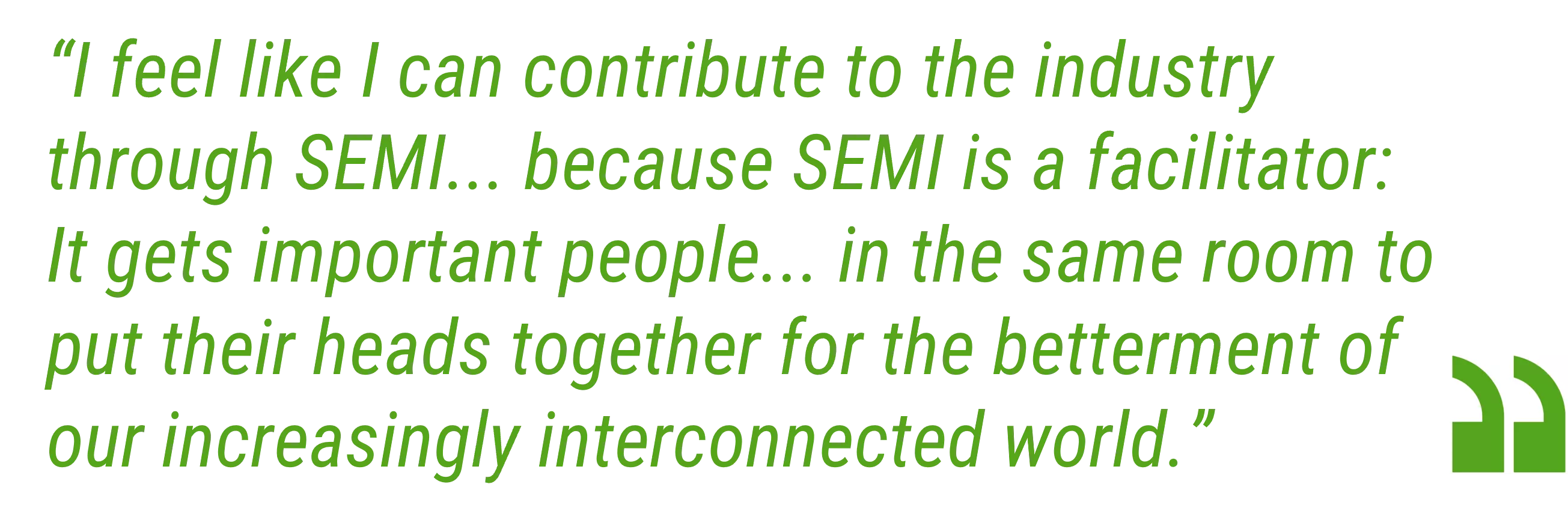
June is Pride Month! It is a time when the world celebrates the dignity, visibility, and rights of gay, lesbian, bisexual, transgender, and other people who identify with the LGBT+ community. What began as a violent protest on June 28, 1969, when members of the LGBT+ community clashed with law enforcement at the Stonewall Inn in Manhattan, has shifted into an annual, nationwide celebration.
Tech companies celebrate Pride in different ways, from diversity, equity, and inclusion Movie Clubs to Pride-focused trivia games and educational events. This type of company-wide celebration and recognition is important, because people from this community – particularly those who identify as transgender or trans – face significant challenges in the workplace. According to the National Center for Transgender Equality, more than one in four transgender people have lost a job due to bias against their identity, and more than 75% have experienced workplace discrimination. Transgender individuals face refusal to hire, privacy violations, and harassment – and these incidents are even more frequent for transgender people of color.
However, the tech industry has provided new career avenues for some transgender people who have felt unwelcome elsewhere. The industry has also allowed for transgender people and allies to create tools and systems to support the economic, social, and personal health of the LGBT+ community. One example is Out in Tech, the world’s largest nonprofit community of LGBT+ tech leaders, which creates opportunities for its 40,000 members to advance their careers. TransTech Social Enterprises empowers, educates, and employs those facing barriers in education and in the workplace and reduces instances of discrimination, with a concentration on trans and gender non-conforming individuals.

At SEMI and the SEMI Foundation, we are committed to expanding diversity, equity, and inclusion within our company and throughout our industry, including supporting the LGBT+ community. Part of that work is highlighting the people who make our company so strong. I was fortunate to have a conversation with Rick Zentler, a specialist on the Market Intelligence Team and a digital marketing assistant at SEMI. Rick is a trans man who has been at SEMI for three years. I asked Rick about his work at SEMI and his journey as a transgender man.
Williams-Vaden: Rick, tell me about what you do at SEMI, and what you enjoy most about your work.
Zentler: I’m a digital marketing assistant and specialist for the Market Intelligence Team. Honestly, I do a little bit of everything, from website improvements, newsletter formatting, market data report distribution, Salesforce contact management, data collection support, to whatever oddball project that comes down the pipe! But mainly I help support the exchange of information, including the critical market reports that are aggregated from data from companies from around the globe. It’s satisfying to know that my work helps establish a brand for SEMI that so many utilize and trust.

Rick Zentler, SEMI
Williams-Vaden: You are a trans man. Can you tell me what that means for those unfamiliar with the term? And define cisgender for those unfamiliar with the term?
Zentler: I am an individual possessing XX chromosomes who identifies and presents outwardly as male. Typically, transgender is defined as someone who identifies as a gender other than their birth sex. Transgender is an umbrella term and it includes non-binary, gender non-conforming, genderfluid, and many more identities that continue to emerge. Think of it as saying something is the color purple: purple can range from a pale lavender to the deepest violet, but they are all most certainly purple.
Someone who is trans may or may not feel a need to transition (meaning, change their body through surgery and hormones), or choose to transition to only a partial degree. The term transsexual refers to someone who has undergone surgery or medical alterations; however, this term is gradually falling out of the lexicon. Meanwhile gender expression refers to how someone presents themselves, such as how they dress, whether or not they wear makeup, etc. Cisgender is a gender identity. It refers to when an individual identifies and presents as the sex they were born as. If you’ve always felt pretty comfortable as a guy or gal and not spent any time thinking about being anything else, chances are you’re cis.
Please note, gender identity should not be confused with sexual orientation; they are unrelated. One is a perception of one’s self, and the other is an attraction towards others’ gender expression. You may find this diagram from Bing helpful:

For me, being a trans man just means I’m a guy. I dress in stereotypical men's clothes, keep my hair short, use the men’s restroom – but most importantly I use he/his pronouns and request others use those pronouns when referring to me. Whether I chose to wear dresses or have long hair is ultimately irrelevant, as I would still be male. Things that have been deemed by our society as masculine or feminine benefit no one and ultimately reinforce harmful stereotypes. I know women who love beer and football; I know guys who like knitting and flowers. Diversity is beautiful.
Williams-Vaden: How is your professional life different than from before your transition?
Zentler: Sadly, I did not have a professional life prior to transition. Due to societal pressure and the degree of dysphoria and misgendering (meaning, being treated as though I was female when I identified as male) I experienced, I was unable to tolerate traditional employment. I got by doing independent contract gigs, online commissions, or under-the-table jobs for friends and family. I didn’t know what was wrong with me. Late one night I was exploring Wikipedia, and I stumbled onto the page about transgenderism, and realized immediately it was describing me. I learned that I wasn’t alone. I immediately set out to buy an all-male wardrobe, cut my hair, and never looked back.
About a year later I applied for a job at the theme park Great America. To my surprise and delight, nearly all the employees were open and accepting, and willing to participate in my gender identity using the correct pronouns and my preferred name, Rick. In this environment I quite literally blossomed and became a social butterfly, known for my smile and enthusiasm. I went from miserably hiding away from the world to being a productive, happy member of society. My experience highlights how critical it is that trans folk have access to transitional care and how crucial transitioning is to mental health.

Williams-Vaden: What are some of the challenges you find in your professional life that are linked to you being trans?
Zentler: In many ways, things have become easier. Often I pass as a cis male and others do not realize I am trans until I tell them. That said, I often benefit from male privilege: I am perceived by others as being more confident, intelligent, and persuasive. I remember quite clearly how I was treated prior to transition. My knowledge and ideas were questioned, and I was bossed around. Understandably, I am a feminist and feel deeply for the challenges that women still face in the workplace today. It’s important to lift up women’s voices so they can be heard over the misogyny that continues to linger in our workplaces and communities.
On the flip side, having begun testosterone at age 28, my face is behind schedule. I look nothing like a 35-year-old man. While this youthful appearance might seem cool on first blush, it has caused repeated challenges for me professionally. I’ve had multiple instances where an employer was excited about my resume, only to get cold feet immediately after an in-person interview. In one case, I was told that I didn’t look manager-y enough, and that others wouldn’t take me seriously at such a young age despite all my experience and accomplishments at the company, so I wasn’t going to be promoted. Frustrating to say the least.

Williams-Vaden: What practices have you seen, or would you recommend, that make workplaces more inclusive and welcoming to trans and LGBTQIA+ individuals?
Zentler: Compensation. This probably wasn’t the answer you were expecting. I’ve paid out of pocket for every step of my transition ($25,000+ and counting). It’s safe to say these kinds of medical expenses are unique to transgender/non-binary people and puts us at a socioeconomic disadvantage. We must pay huge sums just to feel normal – to have a mentally healthy quality of life.
There are a few compassionate companies that are beginning to come around on this, updating their health insurance coverage to include transgender affirming care and take some of the financial burden off trans folk. It is my hope that this trend continues. We need companies to realize that it’s to their own benefit to make transgender services available, because ultimately it will result in a happier, more fulfilled workforce! I cannot stress enough how the quality of my life improved with transition, and how many customers I’ve impacted positively through my work since transitioning. It’s a win-win for everyone.
At a lower level, I think more frequent dialogue on the topic is helpful. I think many workplaces shy away from important LGBT+ conversations because of a fear of sexual undertones inappropriate for the workplace. Last time I checked, we’re all human adults, not robots, and this subject, like any subject, can be broached and discussed with civility, tact, and dignity.
Williams-Vaden: What drew you to the microelectronics industry? What about it excites you? What role do you want to play in its future?
Zentler: I didn’t choose the microelectronics industry; the microelectronics industry chose me. My passion lies in entertainment and the arts and I own a growing Etsy shop where I sell my designs – many of them LGBT+ related. However, while attending San Jose State University, a friend who worked at SEMI recommended me for an internship position. I did so well that I was brought on as a contractor for a new project, then another, and another, until I came to the job responsibilities I have now.
 It’s not an industry I ever imagined myself being in – despite growing up in Silicon Valley and having two electrical engineers for parents (who playfully joke that they are third gender: engineer). However, SEMI is one of the best companies I’ve had the pleasure of working for, especially in terms of diversity, inclusion, quality of life and mental health. For this reason, I have stuck around and am grateful for the opportunities it has afforded me.
It’s not an industry I ever imagined myself being in – despite growing up in Silicon Valley and having two electrical engineers for parents (who playfully joke that they are third gender: engineer). However, SEMI is one of the best companies I’ve had the pleasure of working for, especially in terms of diversity, inclusion, quality of life and mental health. For this reason, I have stuck around and am grateful for the opportunities it has afforded me.
I’m not a scientist, or computer coding whiz, or anything like that, and yet I feel like I can contribute to the industry through SEMI – and that’s great. That’s because SEMI is a facilitator: It gets key people from influential companies talking about what’s important, gives them a platform to share data and use data to improve their processes and products, rallies them to consider topics like environmental impact and societal change, and gets them all in the same room to put their heads together for the betterment of our increasingly interconnected world. I like being a part of that, because everyone’s contributions add up to something BIG.
Williams-Vaden: What would you tell a job seeker who might be interested in our industry about working in it?
Zentler: First and foremost, let your passion shine through. It will be your asset, and others will take notice. Stay current on the latest developments and things happening in the industry, as it will fuel your conversations with others, fill your brain with actionable ideas – not to mention lubricate those scary interviews. There’s so much going on in the field of microelectronics. Advances happen daily and create big ripples impacting many other connected industries! Network aggressively but tactfully, and always be friendly, polite, and approachable with everyone you meet no matter their position – you never know where that new connection could lead. Finally, seek growth, celebrate when you learn something new, and try to be a mentor for someone else – teaching can be the best tool for development.
Michelle Williams-Vaden is deputy director of the SEMI Foundation.